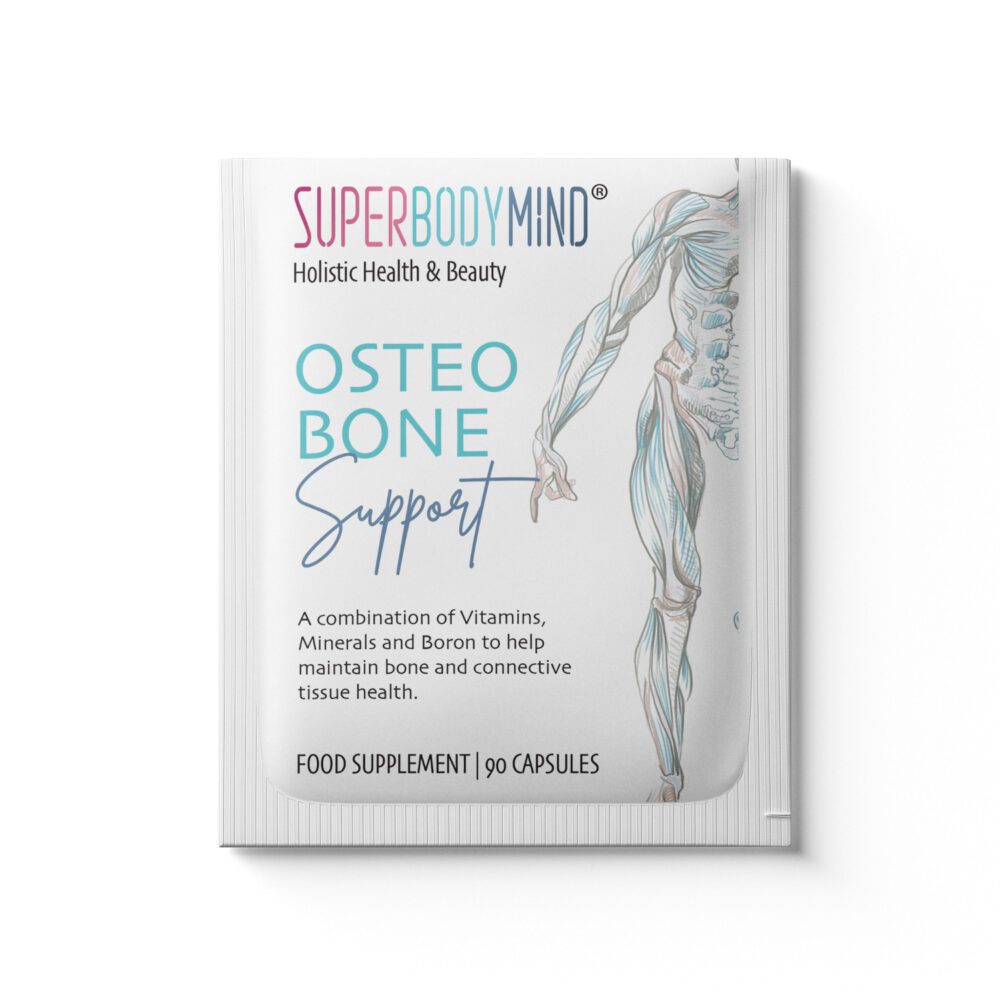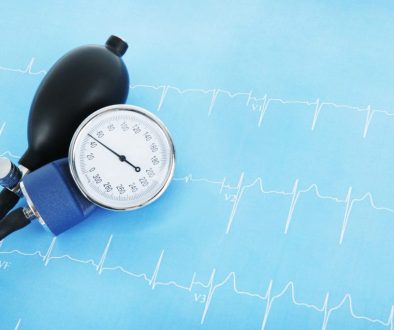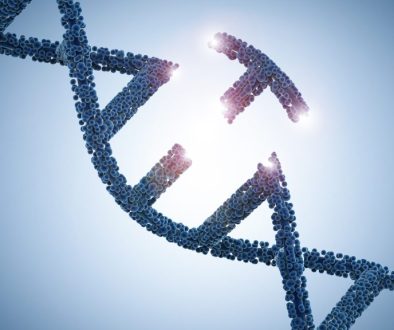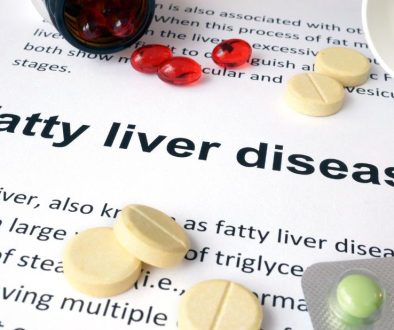How to Build Stronger Bones at Any Age
Understanding Bone Health
Before we dive into how to build stronger bones, let’s first understand what bones are and how they function.
What are Bones?
Bones are living tissues that make up the skeleton of the body. They provide structure and support for the body, protect internal organs, and work with muscles to help us move.
Bones are made up of a combination of collagen (a protein) and minerals like calcium and phosphorus. The collagen provides flexibility, while the minerals provide strength and hardness.
How do Bones Function?
Bones are constantly breaking down and rebuilding themselves in a process called bone remodelling. During bone remodelling, old bone tissue is broken down and replaced with new bone tissue.
This process is regulated by a variety of factors, including hormones, physical activity, and the amount of calcium and vitamin D in the body.
When bones break down faster than they can rebuild, bone density decreases and bones become weaker. This can lead to osteoporosis, a condition in which bones become brittle and fragile and are more prone to fractures.
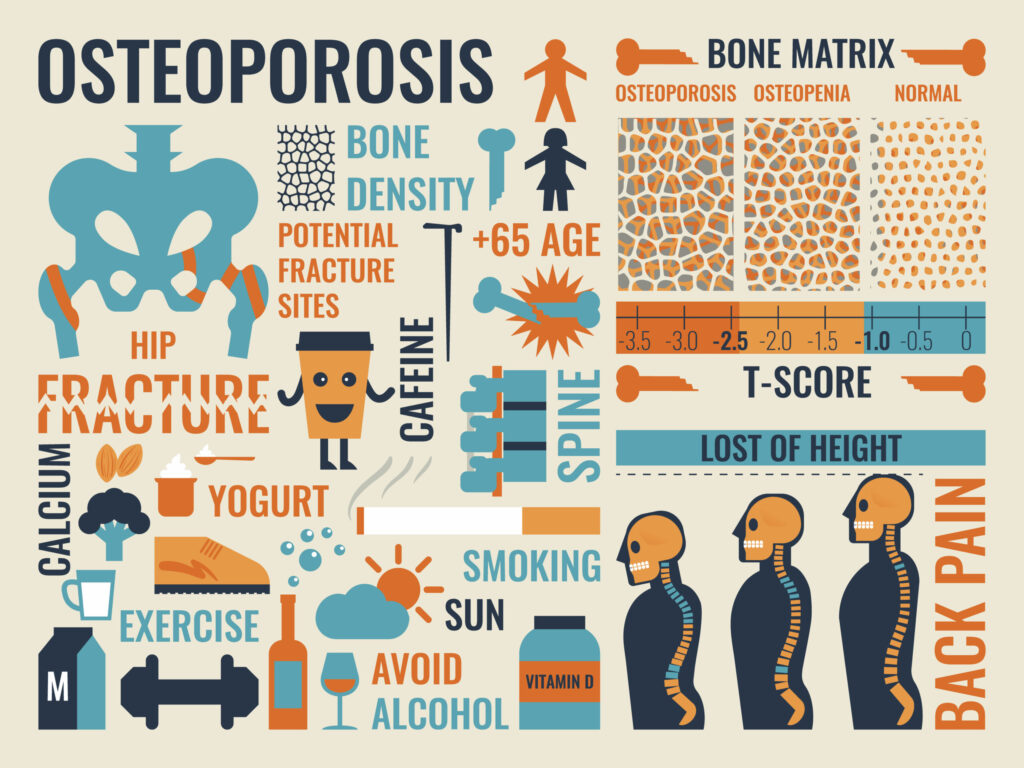
What is Osteoporosis?
Osteoporosis is a medical condition characterised by a decrease in bone density and mass, resulting in fragile and porous bones. This makes the bones more susceptible to fractures and breaks. Osteoporosis often progresses slowly, and may not be noticed until a fracture occurs. It can affect both men and women, but is more common in women, particularly after menopause. Factors that can increase the risk of osteoporosis include age, gender, family history, low calcium and vitamin D intake, sedentary lifestyle, smoking, excessive alcohol consumption, and certain medical conditions or medications. Treatment may involve medications to increase bone density, lifestyle changes, and supplementation.
Building Stronger Bones
Now that we understand the basics of bone health, let’s explore the best ways to build stronger bones and prevent osteoporosis
1. Eat a Bone-Healthy Diet
One of the best things you can do to build stronger bones is to eat a diet rich in bone-healthy nutrients. Calcium, magnesium, vitamin D, and vitamin K2 are all essential for bone health.
Calcium is the most important nutrient for bone health. It’s a mineral that makes up the majority of our bones and teeth. Good sources of calcium include dairy products, leafy green vegetables, and fortified foods like cereals and orange juice.
Magnesium is another mineral that’s important for bone health. It helps regulate calcium levels in the body and is needed for the formation of strong bones. Good sources of magnesium include nuts, seeds, whole grains, and leafy green vegetables.
Vitamin D is essential for bone health because it helps the body absorb calcium. It’s found in fatty fish like salmon and tuna, as well as in fortified foods like milk and orange juice. The body can also make vitamin D when the skin is exposed to sunlight.
Vitamin K2 is another nutrient that’s important for bone health. It helps regulate calcium levels in the body and is found in fermented foods like cheese and sauerkraut.

2.Exercise Regularly
Exercise is essential for building and maintaining strong bones. Weight-bearing exercises like walking, running, and strength training help stimulate the bones to become stronger. They also help maintain bone density, which can help prevent osteoporosis.
Aim to get at least 30 minutes of weight-bearing exercise most days of the week. This can include activities like walking, hiking, dancing, or lifting weights.
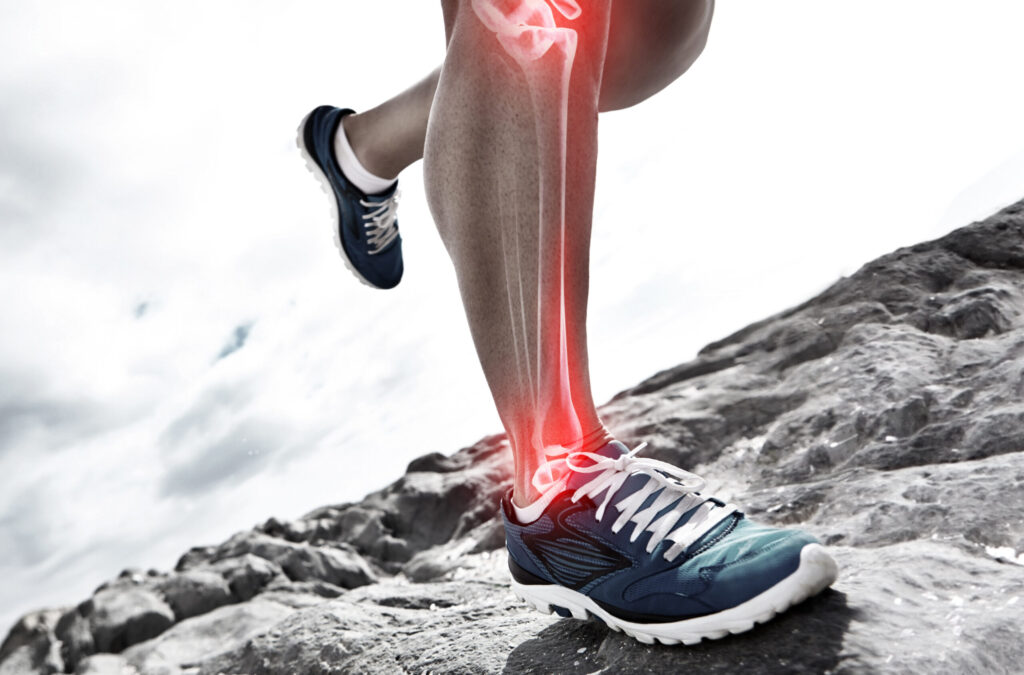
3. Get Enough Sleep
Sleep is essential for overall health, including bone health. During sleep, the body repairs and regenerates bone tissue. Studies have shown that lack of sleep can lead to a decrease in bone density and an increased risk of fractures.
Aim to get at least 7-8 hours of sleep each night to help maintain strong bones.
4. Avoid Smoking and Excessive Alcohol Consumption
Smoking and excessive alcohol consumption can both have negative effects on bone health. Smoking can reduce bone density and increase the risk of fractures, while excessive alcohol consumption can interfere with the body’s ability to absorb calcium.
If you smoke, consider quitting. If you drink alcohol, do so in moderation.
5. Get a Bone Density Test
A bone density test can help determine if you have osteoporosis or are at risk for developing it. This test measures the density of your bones and can help identify areas of weakness.
If you’re at risk for osteoporosis, your doctor may recommend additional steps to help prevent fractures and maintain bone health.
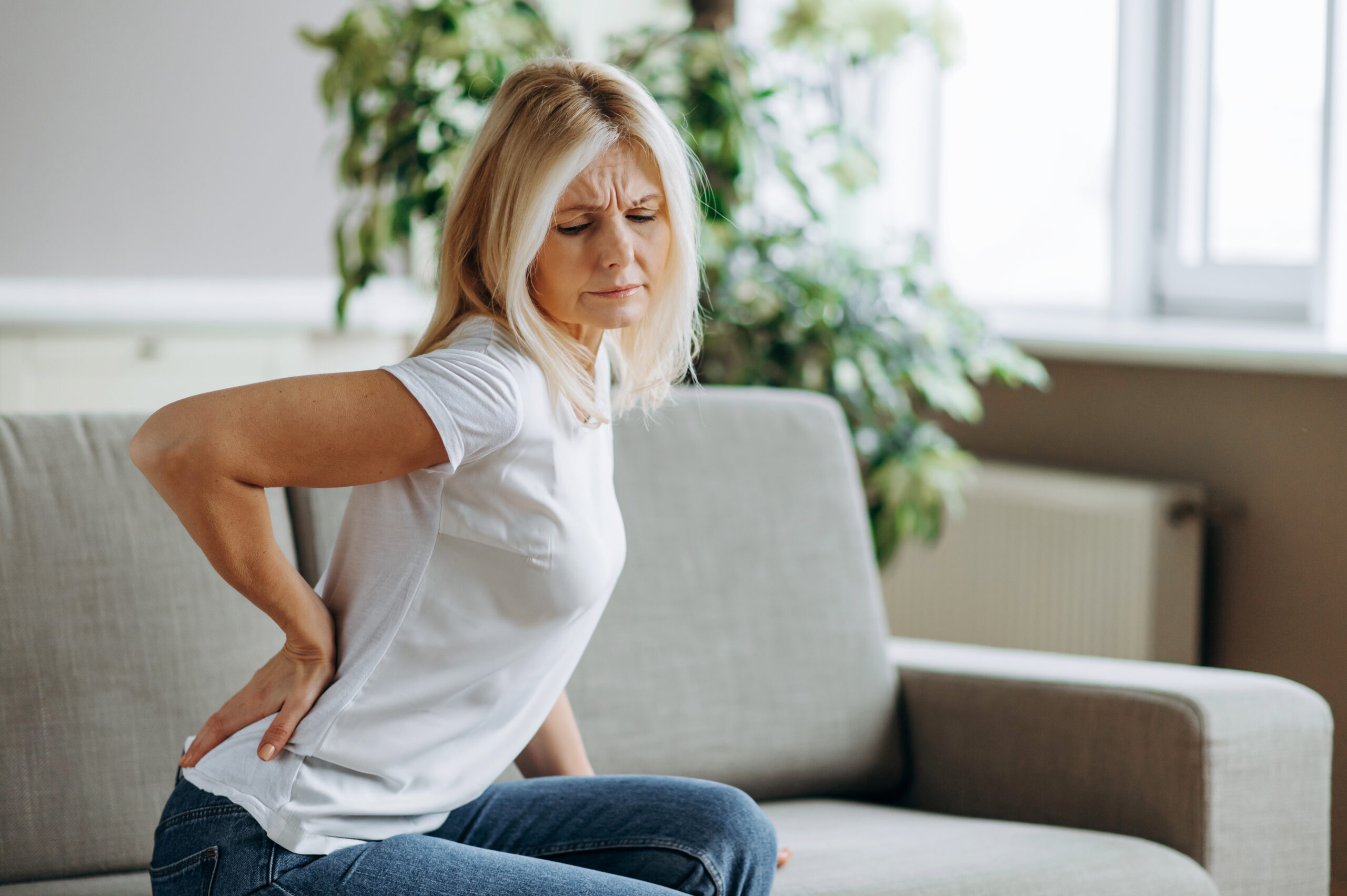
6. Manage Chronic Conditions
Chronic conditions like diabetes and autoimmune diseases can increase the risk of osteoporosis. It’s important to manage these conditions with the help of a healthcare professional to help prevent bone loss.
7. Avoid Falls
Falls are a common cause of fractures, especially in older adults. To help prevent falls, take steps like removing tripping hazards from your home, using handrails on stairs, and wearing sturdy, supportive shoes
8. Take Supplements if Necessary
If you’re not getting enough bone-healthy nutrients from your diet, you may want to consider taking supplements. Calcium and vitamin D supplements are the most commonly recommended supplements for bone health.
Talk to a holistic health coach to determine if you need supplements and how much to take.
Super Body Mind® Osteo Bone Support – an advanced formula synergistically developed by health experts to support strong bones and connective tissues. Women going through menopause would benefit from the essential nutrients this product delivers:
Vitamin C, Vitamin D3, Vitamin K, Vitamin B6, Folic Acid, Calcium, Magnesium, Zinc, Manganese, Copper & Boron

